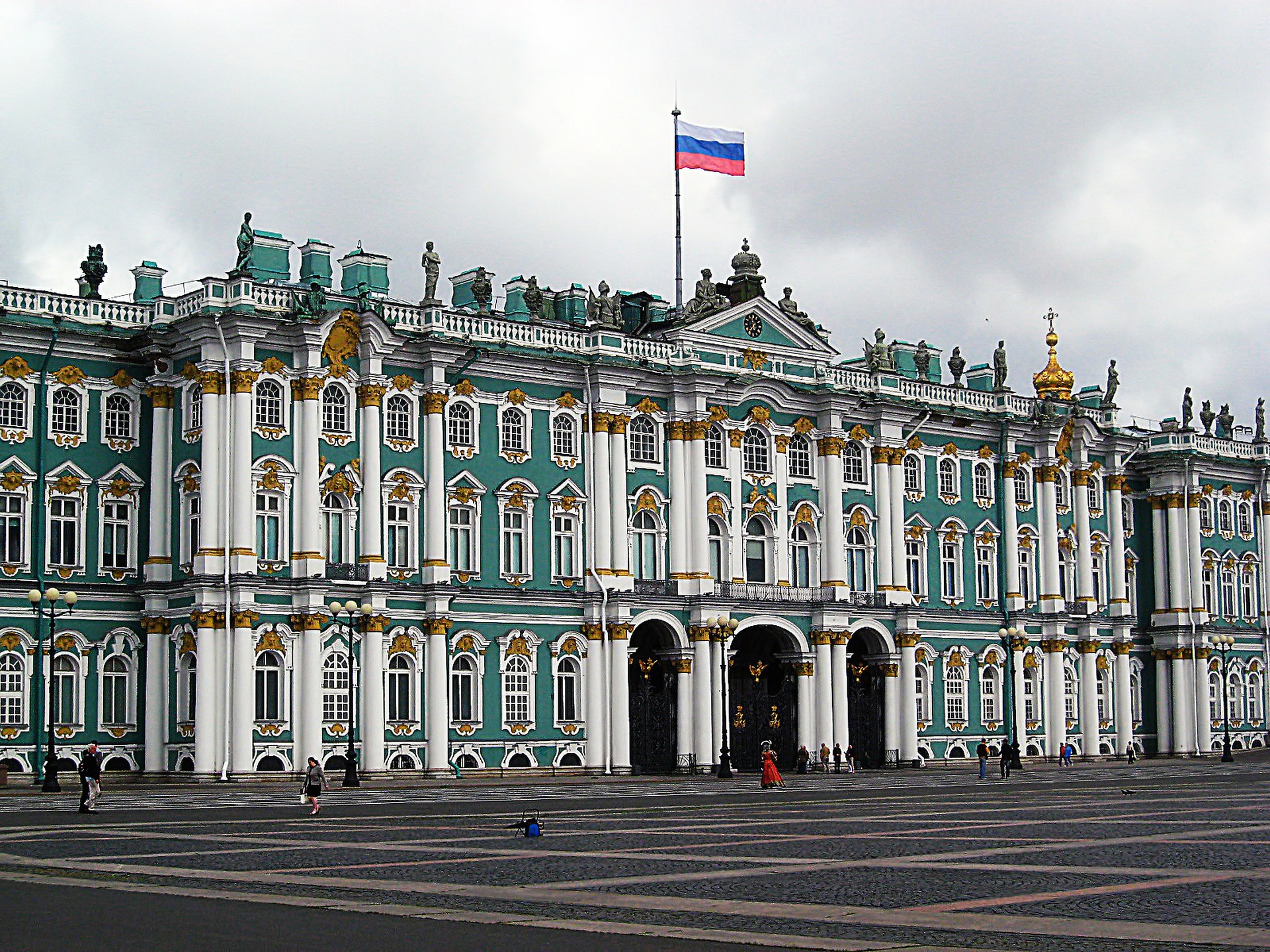Sign up for the daily CJR newsletter.
Hear the word “oligarch,” and the image that probably springs to mind is of a rich, politically influential Russian.
That’s the way Politico used it to describe the developer Aras Agalarov, who bought the Miss Universe pageant from Donald Trump (and whose pop-star son, Emin, supposedly conveyed the message to Donald Trump Jr. that he had access to Russian government documents that would incriminate Hillary Clinton). That’s the way Business Insider used it to describe Eldar Osmanov, who runs the Russian mega-energy company Mezhregionsoyenergo, even though his only recent public exposure has been because of the lavish wedding he threw for his daughter.
The father of the groom, Albert Avdolyan, is also a Russian and a multimillionaire, but he is usually described merely as a “businessman,” “tycoon,” or “telecommunications mogul.”
So what makes an “oligarch” an “oligarch”?
Webster’s New World College Dictionary, used by many news organizations, defines “oligarch” as “any of the rulers of an oligarchy.” Not very helpful. “Oligarchy” is defined as “a form of government in which the ruling power belongs to a few persons”; “a state governed in this way”; or “the persons ruling such a state.” That definition has not substantially changed since at least the 1949 edition of Webster’s Collegiate Dictionary.
But none of those people mentioned above have actual roles in the government (as far as we know). So how do they qualify as “oligarchs”?
The Oxford English Dictionary is only a little more help. Tracing the first use of “oligarchy” to 1542 and “oligarch” to 1610, OED expands the definition to “a form of government in which the exercise of power is restricted to a few people or families (in later use, frequently a wealthy elite)” and “a person who is part of a small group holding power in a state.” But that still implies that an “oligarch” is somehow part of a government.
Merriam-Webster has slightly different takes on “oligarchs.” The Collegiate dictionary calls oligarchy “government by the few,” but then gives the example “The corporation is ruled by oligarchy.” It also defines “oligarchy” as “a government in which a small group exercises control especially for corrupt and selfish purposes.” The Unabridged is harsher, calling an “oligarchy” “despotic power exercised by a privileged clique”; “government by the few”; “autocratic control of any group or organization by a small faction”; and “a group or organization that is controlled by a privileged few.” A few more value judgments there, as well as less emphasis on government.
The use of “oligarch” that is the best fit for how it is used today first appeared in 1999, the OED says: “Originally and chiefly in post-communist Russia: a very wealthy business leader with a great deal of political influence.” Given that the Soviet Union fell only in 1991, that usage didn’t take very long to rise to the public consciousness.
As used today, “oligarchs” is a heavily partisan term, skewing more toward Merriam-Webster’s nefarious intent than simply describing someone as a “politically influential rich guy.” News reports that call someone an “oligarch” imply sinister underpinnings.
And Russia isn’t the only one who has them. Venezuela has “oligarchs” and “Boligarchs.” Armenia has them. Even Nigeria, Ghana, the Democratic Republic of the Congo, Gabon, Cameroon, and Senegal have them, at least in news reports.
But apparently there are no American “oligarchs,” at least not so labeled. Sure, Bernie Sanders has been warning for at least seven years that America is drifting toward an “oligarchy,” and lots of op-ed pieces do the same. But outside of the opinion pages, Americans are not labeled “oligarchs” the way Russians (and others) are. For example, Donald Trump Jr. is “a very wealthy business leader with a great deal of political influence,” perfectly fitting the OED definition, yet if he were called an “oligarch” there’s no doubt it would be labeled as partisan at least, if not outright “fake news.”
When calling someone an “oligarch,” or not, involves a double standard, that should give journalists—and their audiences—pause.
Has America ever needed a media defender more than now? Help us by joining CJR today.







